Govt introduces ‘National Urban Policy 2081’ to modernize urban development in Nepal
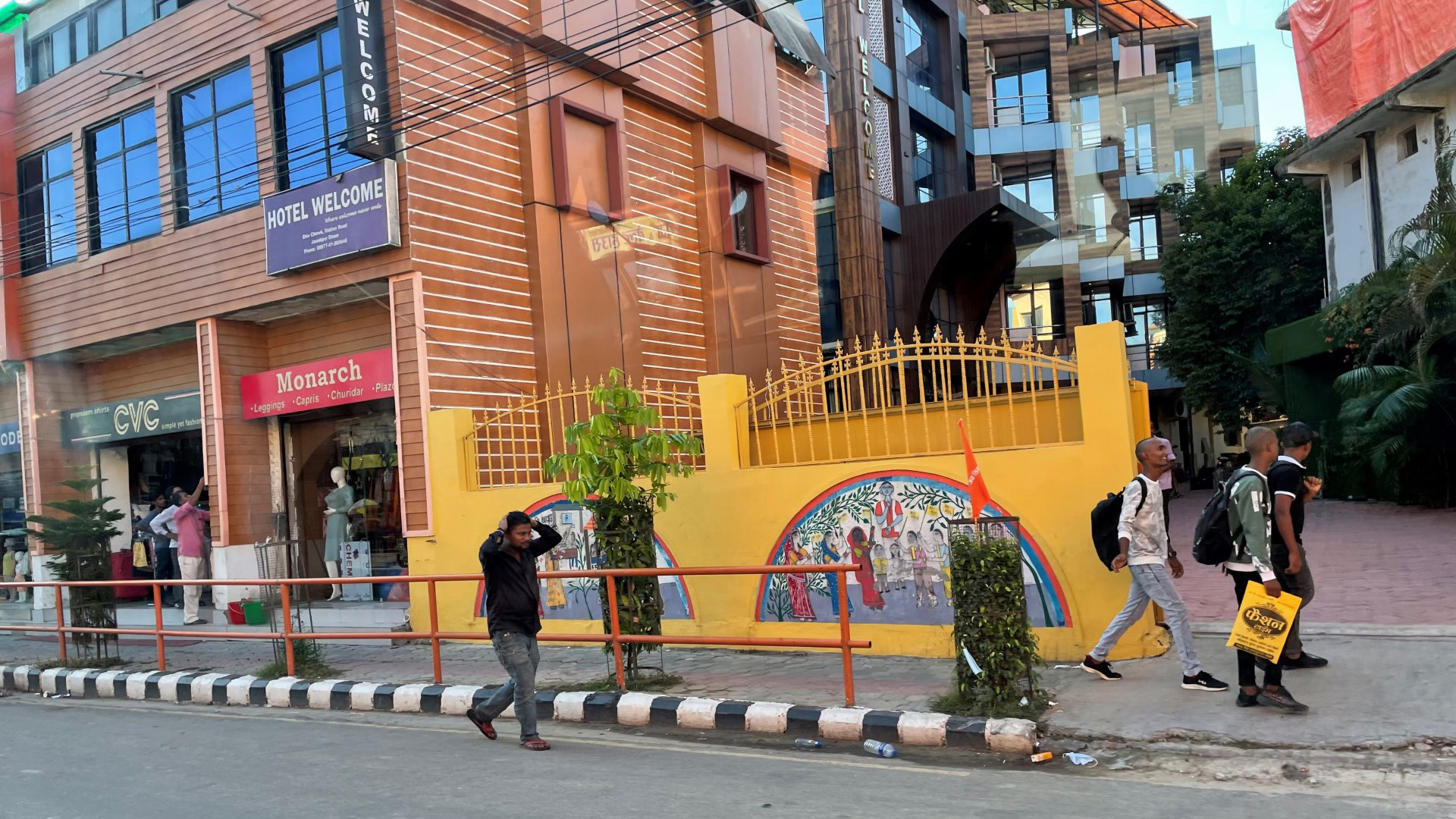
KATHMANDU: After nearly two decades, the Government of Nepal has introduced the much-anticipated ‘National Urban Policy, 2081’, aiming to revolutionize urban planning and development in line with federal laws. This policy grants urban development authority to federal, provincial, and local levels, ensuring streamlined governance and resource allocation.
The Council of Ministers approved the policy last week under the proposal of Deputy Prime Minister and Minister for Urban Development, Prakash Man Singh. This marks a significant milestone in resolving jurisdictional ambiguities and advancing urban planning to meet the demands of Nepal’s Constitution, promulgated nearly a decade ago.
Key Features of the Policy
The policy sets a target to increase urban infrastructure accessibility indicators by 15% to achieve 50% coverage by 2036. The primary objective is to expand equitable access to resilient urban infrastructure while promoting sustainable urban growth.
Goals and Strategies
Integrated Urban Systems: The policy envisions developing interconnected urban systems, transforming major cities, including provincial capitals, into economic hubs.
Infrastructure Accessibility: Aims to ensure access to basic urban infrastructure through integrated upgrades, proper management of urban assets, and periodic maintenance guarantees.
Resource Optimization: Advocates for maximum utilization of resources through multi-sectoral planning, alternative financial instruments, and private-sector engagement.
The policy emphasizes collaboration with private, cooperative, financial, institutional, national, international, and community sectors for designing, constructing, and managing urban infrastructure.
Urban Classification and Development
Scientific classification of cities and settlements forms the foundation for the policy. It defines minimum service standards and infrastructure requirements to create:
Mega Cities
Smart Cities
New Towns
Himalayan Cities
Aerocities
Green Cities
Urban Economic Corridors
Additionally, the policy incorporates plans for fast and semi-fast multimodal transport systems to enhance inter-city and inter-settlement connectivity.
Inclusive Rural Development
The policy envisions strengthening urban-rural relations by extending high-quality urban services and infrastructure to rural areas. It includes plans to transform traditional settlements into “Urban Villages,” promoting economic competitiveness in underdeveloped regions.
Land Management and Green Infrastructure
Innovative approaches like land pooling, land consolidation, and land banking are embedded in the policy to facilitate land acquisition. The policy also encourages investment in green infrastructure, supported by the Urban Development Fund as a green investment vehicle.
Enhancing Urban Governance
To modernize urban governance, the policy mandates:
Digital Records: Creation and updating of digital records for urban infrastructure and land.
Standardized Valuation: Implementation of a uniform property valuation system.
Progressive Taxation: Discouraging unproductive investments through progressive taxation on larger properties.
Waste Management and Sustainability
The policy outlines strategies for reducing, reusing, and recycling waste, emphasizing scientific management through technical support and necessary infrastructure.
Towards a Smarter Future
New urban centers will feature startup spaces, digital infrastructure parks, and public amenities like toilets. Investments in renewable energy-based transport and green zones will further enhance urban resilience.
Implementation and Oversight
All levels of government are tasked with the classification, maintenance, and management of urban infrastructure. Mechanisms to ensure accountability, such as fixed usage timelines for infrastructure and lifecycle cost minimization plans, are included.
This transformative policy is expected to foster sustainable urban development, making Nepal’s cities more resilient, inclusive, and competitive in the global arena.









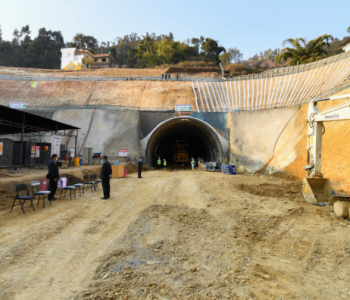
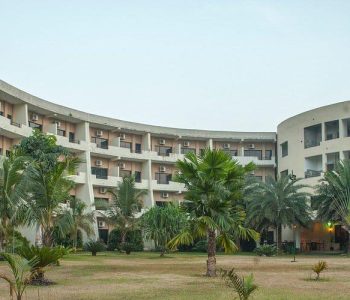
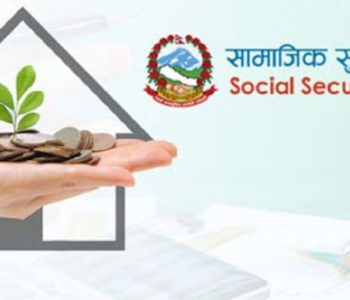
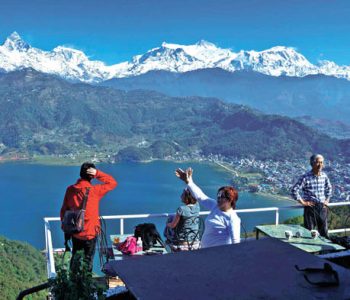
Facebook Comment